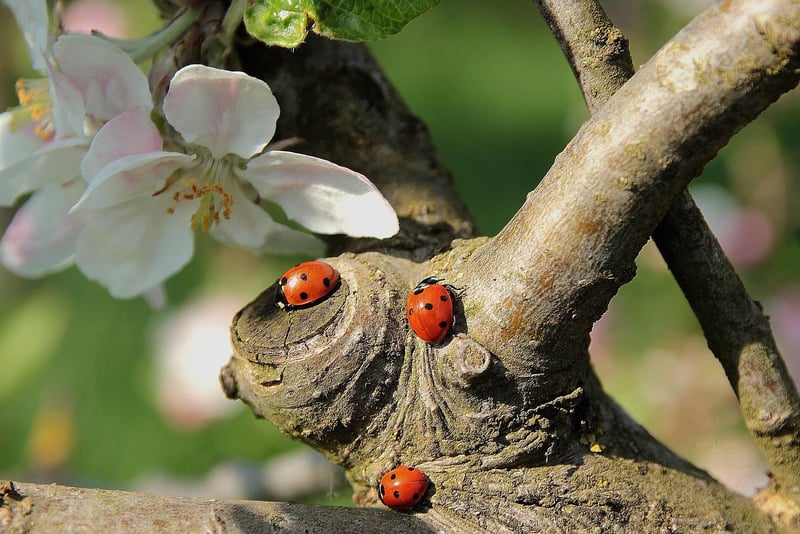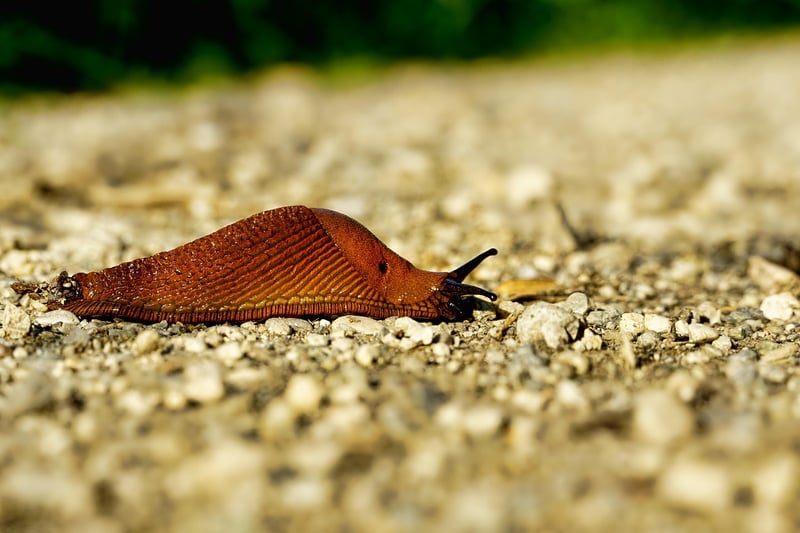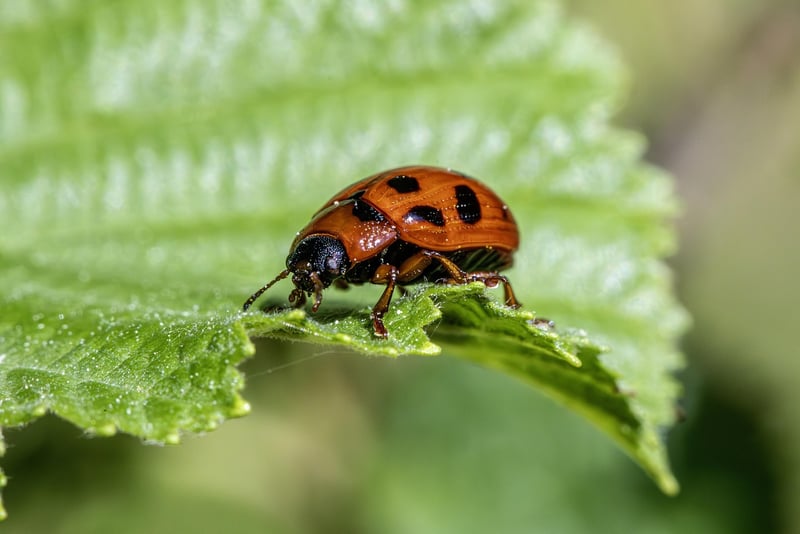Pest control methods
#Watering
#Pruning
#Pest management
Keeping Your Garden Healthy: Effective Pest Control Methods
The Importance of Garden Health
Your garden is a living ecosystem that requires care and attention to thrive. By maintaining its health, you can enjoy a vibrant and beautiful outdoor space while supporting biodiversity and ecosystem balance.
Common Garden Pests
Various pests can threaten the health of your garden plants, including aphids, snails, slugs, and caterpillars. Identifying these pests early is key to preventing damage to your plants.
Effective Pest Control Methods
- Natural Predators: Introduce beneficial insects like ladybugs, lacewings, and parasitic wasps that feed on garden pests.
- Handpicking: Remove pests by hand, especially effective for larger insects like caterpillars and beetles.
- Neem Oil: A natural insecticide that disrupts the feeding and reproductive cycles of many pests.
- Organic Sprays: Use homemade or store-bought organic sprays made from ingredients like garlic, pepper, or soap to repel pests.
- Row Covers: Protect vulnerable plants with physical barriers like row covers to prevent pest infestations.
Preventive Measures
- Cultivate Healthy Soil: Healthy soil leads to healthy plants that are more resilient to pest attacks.
- Companion Planting: Planting certain species together can help deter pests and attract beneficial insects.
- Maintain Garden Hygiene: Remove debris, weeds, and fallen leaves that can harbor pests.
- Regular Inspection: Monitor your garden regularly to catch pest problems early and take appropriate action.
Conclusion
By implementing these pest control methods and preventive measures, you can keep your garden healthy and thriving without resorting to harmful chemicals. Remember that a balanced ecosystem is key to a successful garden!


